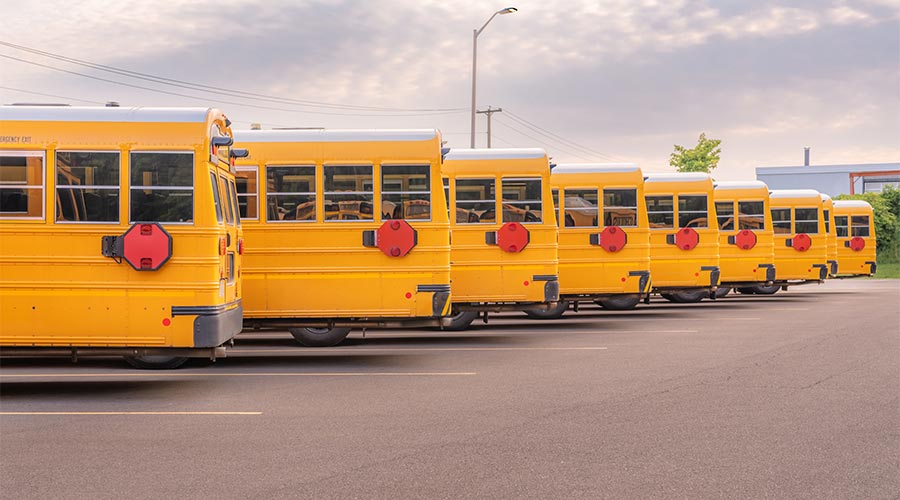EPA Settlement Promotes Green Chemistry in School
A unique agreement between the U.S. Environmental Protection Agency and the New Jersey Institute of Technology aims to help usher green chemistry into laboratory experiments at the institute and other colleges and high schools.
A unique agreement between the U.S. Environmental Protection Agency (EPA) and the New Jersey Institute of Technology (NJIT) in Newark aims to help usher green chemistry into laboratory experiments at the institute and other colleges and high schools.
These green chemistry experiments involve the use of new techniques and technologies in lab experiments to minimize the need to use reagents, usually some type of solvent, to produce chemical reactions.
The agreement arose from an EPA complaint in which the agency cited the school for violating federal rules that govern the handling of hazardous waste. It requires NJIT to spend at least $125,000 to showcase greener lab practices and to measure the amount of solvents and energy reductions achieved when school laboratory experiments use practices such as microwave technology rather than traditional chemistry practices. NJIT also must pay a $31,740 penalty.
The alleged violations EPA observed during its inspections of the NJIT’s facilities included failure to:
• determine which wastes it generates are hazardous wastes
• obtain a permit to store hazardous wastes, or take the required steps to exempt itself from this permitting requirement
• provide proper training to employees handling hazardous waste
• keep hazardous waste containers closed
• have a contingency plan and minimize the risk of fires, explosions, and the release of hazardous wastes and hazardous-waste constituents.
NJIT has since corrected these violations.
Over the past seven years, EPA has inspected more than 58 colleges and universities and issued administrative complaints with penalties totaling more than $2.7 million against more than 20 colleges and universities in New Jersey, New York, Puerto Rico and the U.S. Virgin Islands.
The EPA’s Colleges and Universities Initiative is an ongoing program with additional investigations anticipated. Educational institutions can self-report violations and get relief from a portion of the penalties in exchange.
For more information, visit www.epa.gov/region02/capp/cip/.about or www.epa.gov/region02/p2/college
Related Topics:











